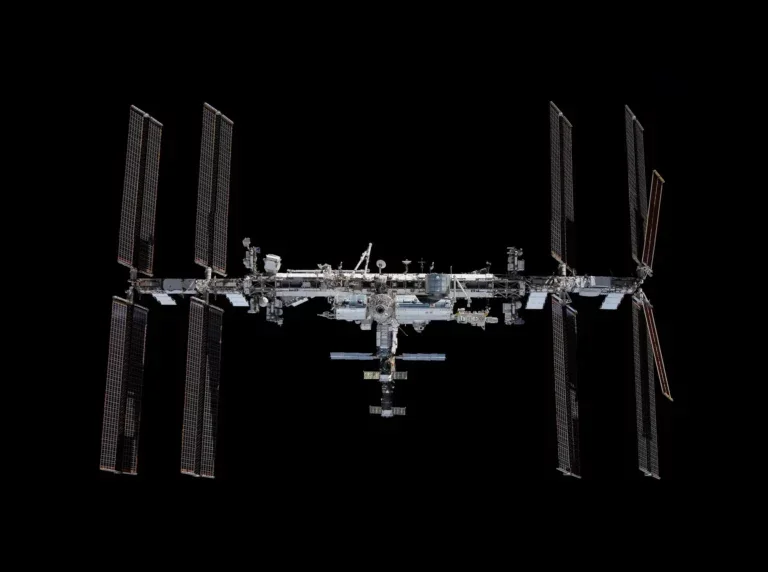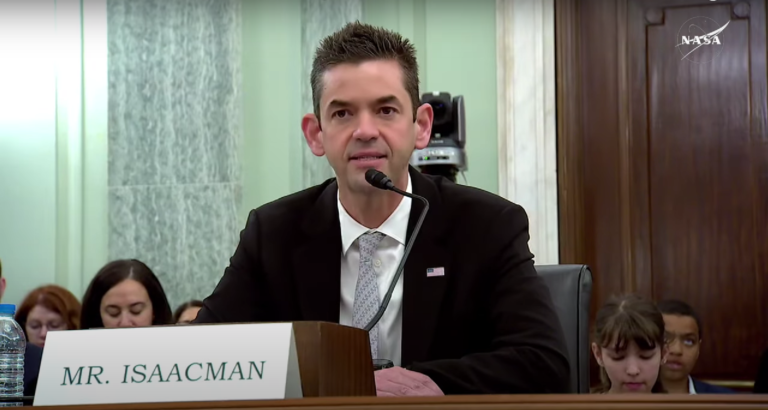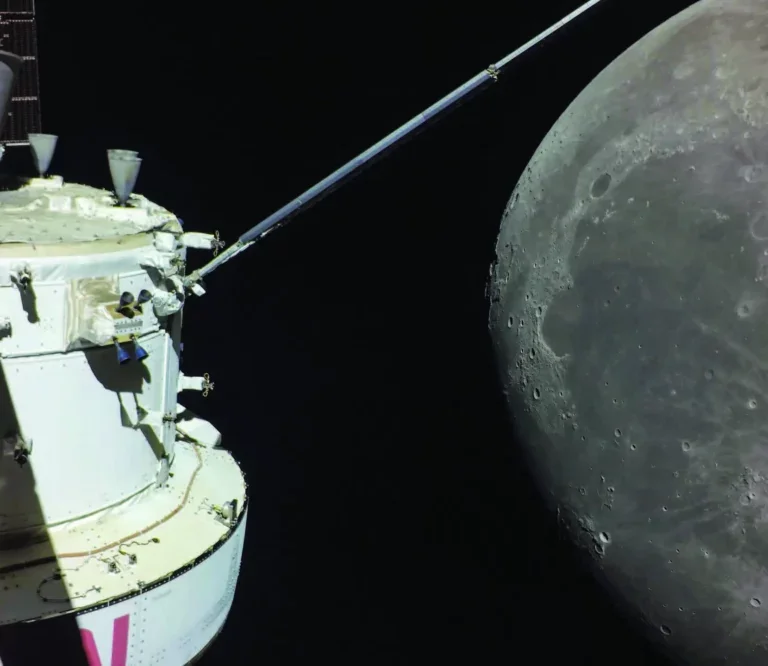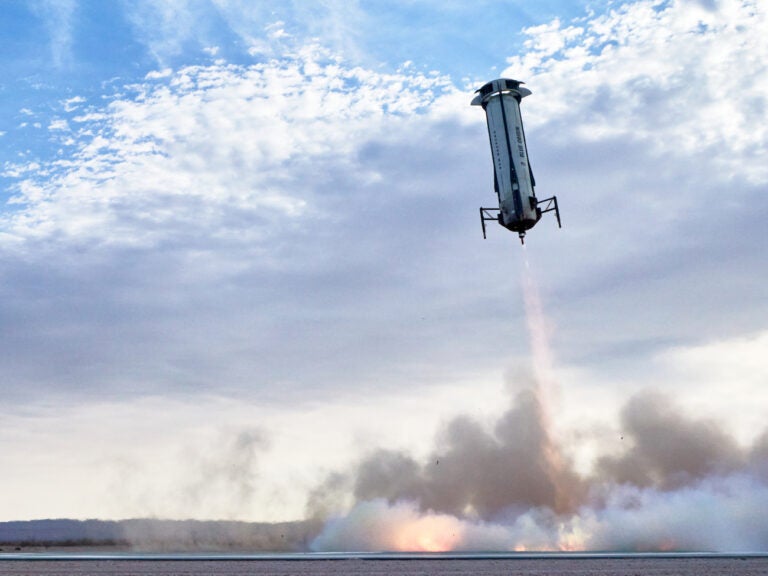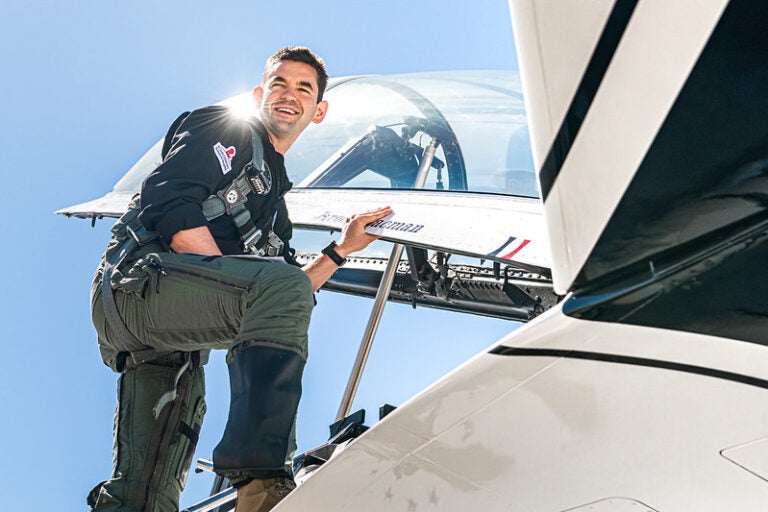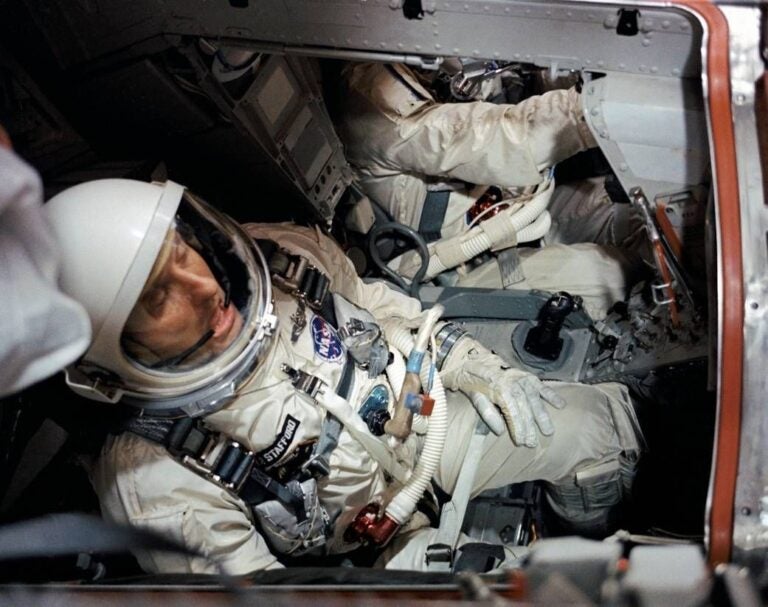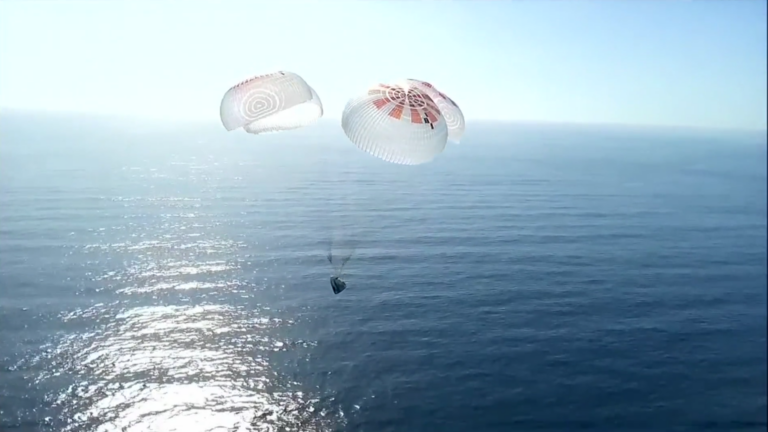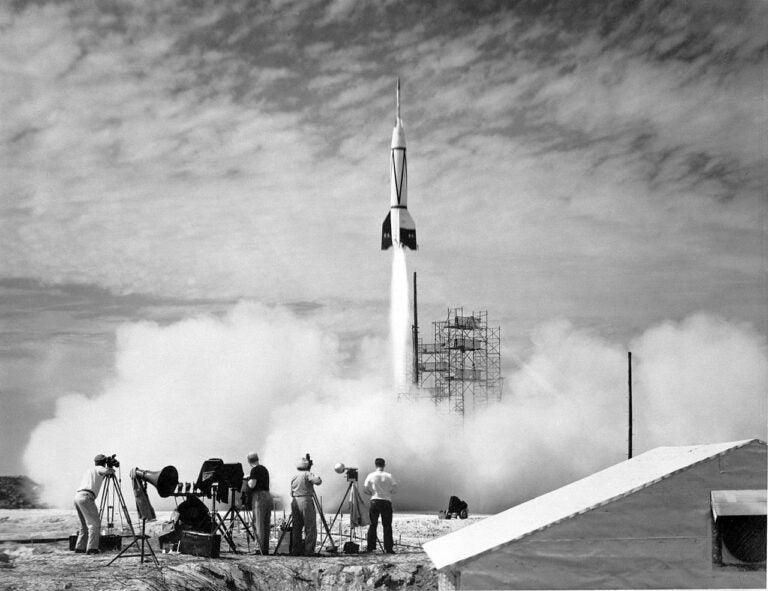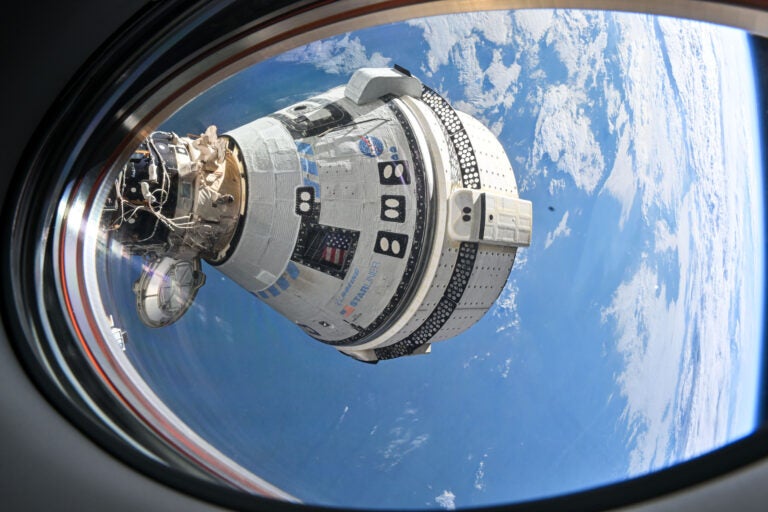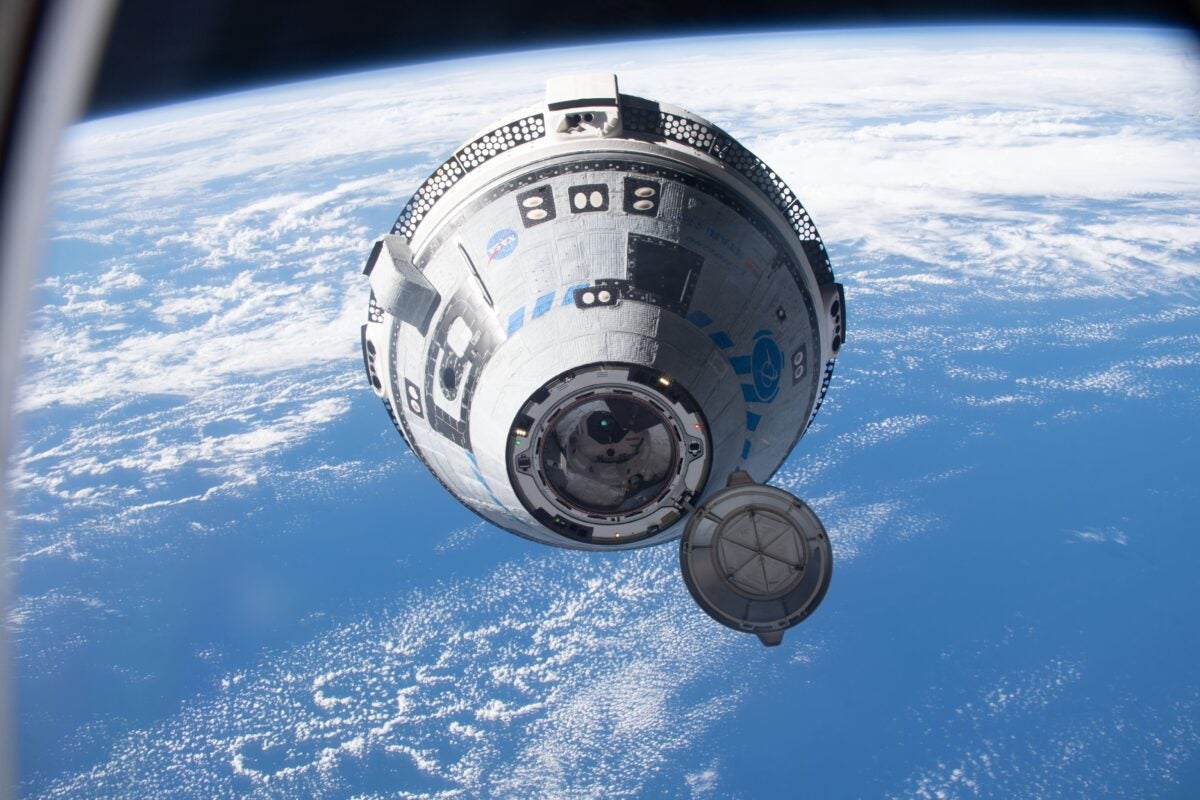
The Wall Street Journal reported on Friday that Boeing is getting out of the space business — or trying to. Part of a wider move to trim and improve business holdings and operations, the company is looking to offload its space program, assuming it can find a suitable buyer.
Boeing has been one of NASA’s major contractors since the days of Apollo, when it built the massive first stage of the Saturn V rockets that launched astronauts to the Moon. These days, its major NASA projects include Starliner, the Space Launch System (SLS), and operations for the International Space Station (ISS). According to The Wall Street Journal, Boeing might retain control of SLS in the event of a sale.
All of Boeing’s major projects have faced difficulties in recent years.
The Starliner crewed transport vehicle was originally envisioned to replace the Space Shuttle when that vehicle was retired in 2011. But SpaceX beat them to that goal by four years, flying the first crewed mission from American soil on their Dragon capsule in 2020. Starliner finally launched astronauts to the ISS in June of this year, but suffered helium leaks and thruster malfunctions during launch and docking. In August, NASA decided to call it back to Earth sans crew; the astronauts will return on another SpaceX Dragon vehicle next year.
The SLS is NASA’s heavy-lift launch vehicle that will send Artemis crews to the Moon. The rocket — for which Boeing builds the core stage — flew for the first and only time so far in 2022, after originally being slated to debut in 2016. The delays were caused by engineering problems and accompanied by massive cost overruns.
Boeing is responsible for partial operations of the International Space Station, which is due to be decommissioned in 2030 with no apparent successor in place.
The company has also suffered difficulties in its core airplane business, including years of bad press surrounding two fatal crashes in 2018 and 2019 involving the 737 Max passenger plane; the crashes were caused in part when an automated flight control system activated erroneously. And the company’s largest labor union is currently on strike, which has ground plane production to a halt.
In August, Boeing replaced its outgoing CEO David Calhoun with Kelly Ortberg in a clear attempt to correct course throughout the company’s various divisions. On an Oct. 23 earnings call, Ortberg left the door open to shedding portions of the company’s portfolio. “Clearly, our core of commercial airplanes and defense systems are going to stay with the Boeing Company for the long run,” he said. “But there’s probably some things on the fringe there that we can be more efficient with or that distract us from our main goal here.”
Boeing and fellow contractor Lockheed Martin also co-own the United Launch Alliance (ULA), which has coordinated launches for most major NASA missions of the past two decades. That company began considering sales bids last year.

